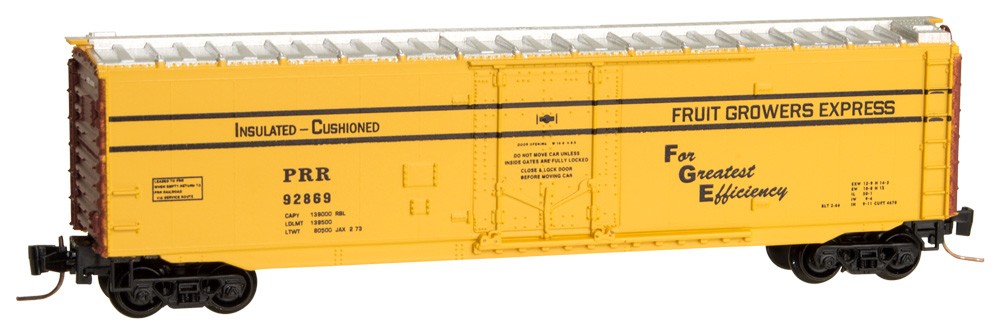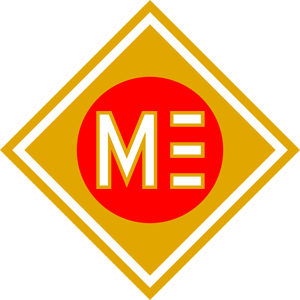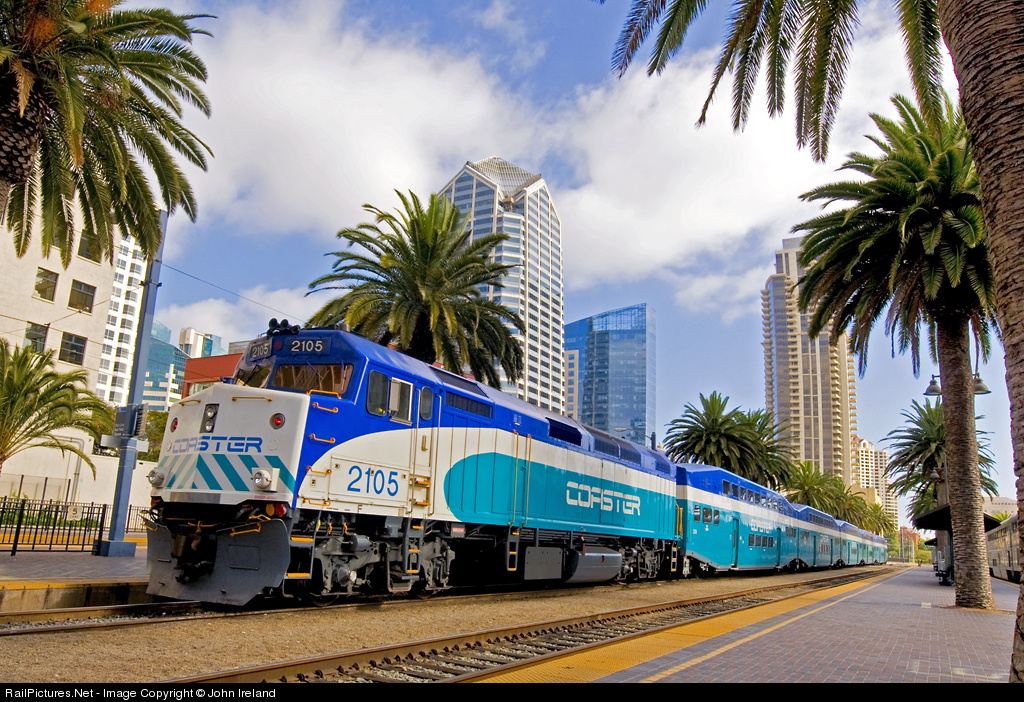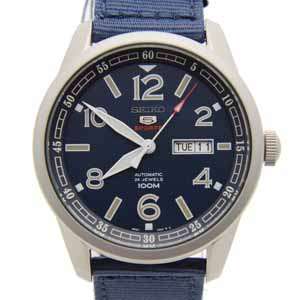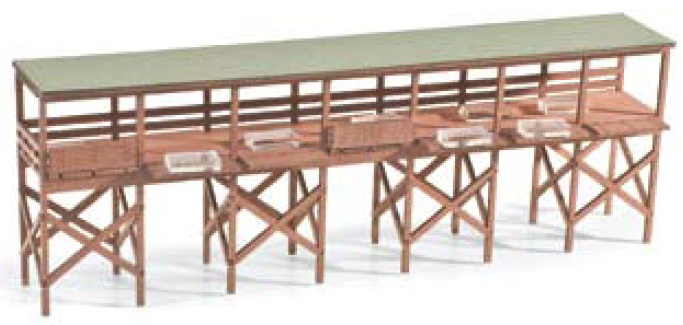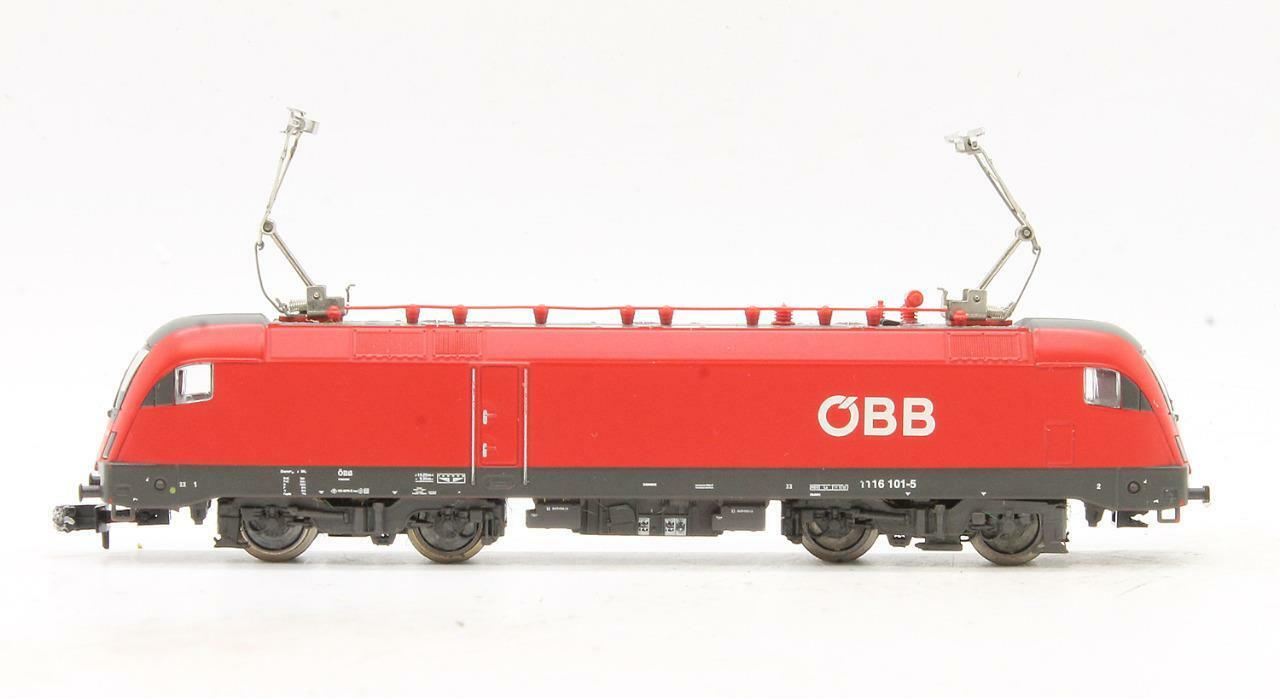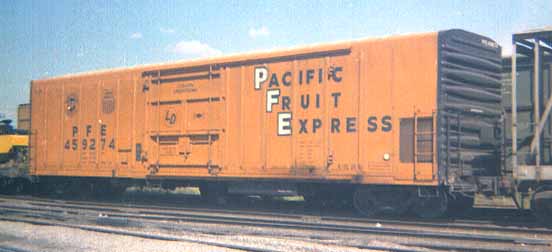Prototype History: While the 40-foot boxcar was a standard design, and it did come in different setups depending on the type of freight being transported, it was not large enough for efficient mass commodity transportation. The 50-foot boxcar made its first appearance in the 1930s and steadily grew in popularity over the years, which further improved redundancies by allowing for even more space within a given car. Today, the 50-footer remains the common boxcar size. After the second world war ended, and steel became once again readily available, steel became the go-to choice for construction of boxcars. Pullman Standard and ACF were some of the most prolific builders of these cars.
These cars came in many variations. For instance, double-doors became practical for large/wide loads, end-doors useful for very large lading such as automobiles, and interior tie-down equipment was helpful in keeping sensitive products from being damaged in-transit. In 1954 the Santa Fe developed its "Shock Control" (and later "Super Shock Control") technology for new boxcars with upgraded suspension systems to further improve the ride-quality and reduce the chance of damaging freight.
In the 1960s, the flush, "plug" style sliding door was introduced as an option that provides a larger door to ease loading and unloading of certain commodities. The tight-fitting doors are better insulated and allow a car's interior to be maintained at a more even temperature.
These cars came in many variations. For instance, double-doors became practical for large/wide loads, end-doors useful for very large lading such as automobiles, and interior tie-down equipment was helpful in keeping sensitive products from being damaged in-transit. In 1954 the Santa Fe developed its "Shock Control" (and later "Super Shock Control") technology for new boxcars with upgraded suspension systems to further improve the ride-quality and reduce the chance of damaging freight.
In the 1960s, the flush, "plug" style sliding door was introduced as an option that provides a larger door to ease loading and unloading of certain commodities. The tight-fitting doors are better insulated and allow a car's interior to be maintained at a more even temperature.
Road Name History: Fruit Growers Express (FGE) was a railroad refrigerator car leasing company that began as a produce-hauling subsidiary of Armour and Company's private refrigerator car line. Its customers complained they were overcharged. In 1919 the Federal Trade Commission ordered the company's sale for anti-trust reasons. The company is now controlled by the CSX Corporation.
Incorporated on March 18, 1920 the firm took possession of 4,280 pieces of rolling stock, repairs shops at Alexandria, Virginia and Jacksonville, Florida, and numerous ice plants and other facilities scattered throughout the East Coast on May 1. By year's end, the Chicago and Eastern Illinois, New Haven, and Norfolk and Western railroads became major stockholders.
In order to compete with the Pacific Fruit Express and Santa Fe Refrigerator Despatch in the west, FGE and the Great Northern Railway formed the Western Fruit Express (WFE) on July 18, 1923, a move that added 3,000 cars to the equipment pool. By 1926, FGE had expanded its service into the Pacific Northwest and the Midwest through the WFE and the Burlington Refrigerator Express (BREX), its other partly owned subsidiary (formed in partnership with the Chicago, Burlington and Quincy Railroad (CB&Q) on May 1). That same year, FGE purchased 2,676 36-foot-long (11 m) reefers from the Pennsylvania Railroad.
In February, 1928 FGE formed the National Car Company as a subsidiary to service the meat transportation market. Customers included Kahns, Oscar Mayer, and Rath Packing.
From Wikipedia
Incorporated on March 18, 1920 the firm took possession of 4,280 pieces of rolling stock, repairs shops at Alexandria, Virginia and Jacksonville, Florida, and numerous ice plants and other facilities scattered throughout the East Coast on May 1. By year's end, the Chicago and Eastern Illinois, New Haven, and Norfolk and Western railroads became major stockholders.
In order to compete with the Pacific Fruit Express and Santa Fe Refrigerator Despatch in the west, FGE and the Great Northern Railway formed the Western Fruit Express (WFE) on July 18, 1923, a move that added 3,000 cars to the equipment pool. By 1926, FGE had expanded its service into the Pacific Northwest and the Midwest through the WFE and the Burlington Refrigerator Express (BREX), its other partly owned subsidiary (formed in partnership with the Chicago, Burlington and Quincy Railroad (CB&Q) on May 1). That same year, FGE purchased 2,676 36-foot-long (11 m) reefers from the Pennsylvania Railroad.
In February, 1928 FGE formed the National Car Company as a subsidiary to service the meat transportation market. Customers included Kahns, Oscar Mayer, and Rath Packing.
From Wikipedia
Brand/Importer Information:  Micro-Trains Line split off from Kadee Quality Products in 1990. Kadee Quality Products originally got involved in N-Scale by producing a scaled-down version of their successful HO Magne-Matic knuckle coupler system. This coupler was superior to the ubiquitous 'Rapido' style coupler due to two primary factors: superior realistic appearance and the ability to automatically uncouple when stopped over a magnet embedded in a section of track. The success of these couplers in N-Scale quickly translated to the production of trucks, wheels and in 1972 a release of ready-to-run box cars.
Micro-Trains Line split off from Kadee Quality Products in 1990. Kadee Quality Products originally got involved in N-Scale by producing a scaled-down version of their successful HO Magne-Matic knuckle coupler system. This coupler was superior to the ubiquitous 'Rapido' style coupler due to two primary factors: superior realistic appearance and the ability to automatically uncouple when stopped over a magnet embedded in a section of track. The success of these couplers in N-Scale quickly translated to the production of trucks, wheels and in 1972 a release of ready-to-run box cars.
Micro-Trains Line Co. split off from Kadee in 1990 to form a completely independent company. For this reason, products from this company can appear with labels from both enterprises. Due to the nature of production idiosyncrasies and various random factors, the rolling stock from Micro-Trains can have all sorts of interesting variations in both their packaging as well as the products themselves. When acquiring an MTL product it is very important to understand these important production variations that can greatly enhance (or decrease) the value of your purchase.

Micro-Trains Line Co. split off from Kadee in 1990 to form a completely independent company. For this reason, products from this company can appear with labels from both enterprises. Due to the nature of production idiosyncrasies and various random factors, the rolling stock from Micro-Trains can have all sorts of interesting variations in both their packaging as well as the products themselves. When acquiring an MTL product it is very important to understand these important production variations that can greatly enhance (or decrease) the value of your purchase.
Item created by: petecduffy on 2019-08-30 21:42:56
If you see errors or missing data in this entry, please feel free to log in and edit it. Anyone with a Gmail account can log in instantly.
If you see errors or missing data in this entry, please feel free to log in and edit it. Anyone with a Gmail account can log in instantly.


